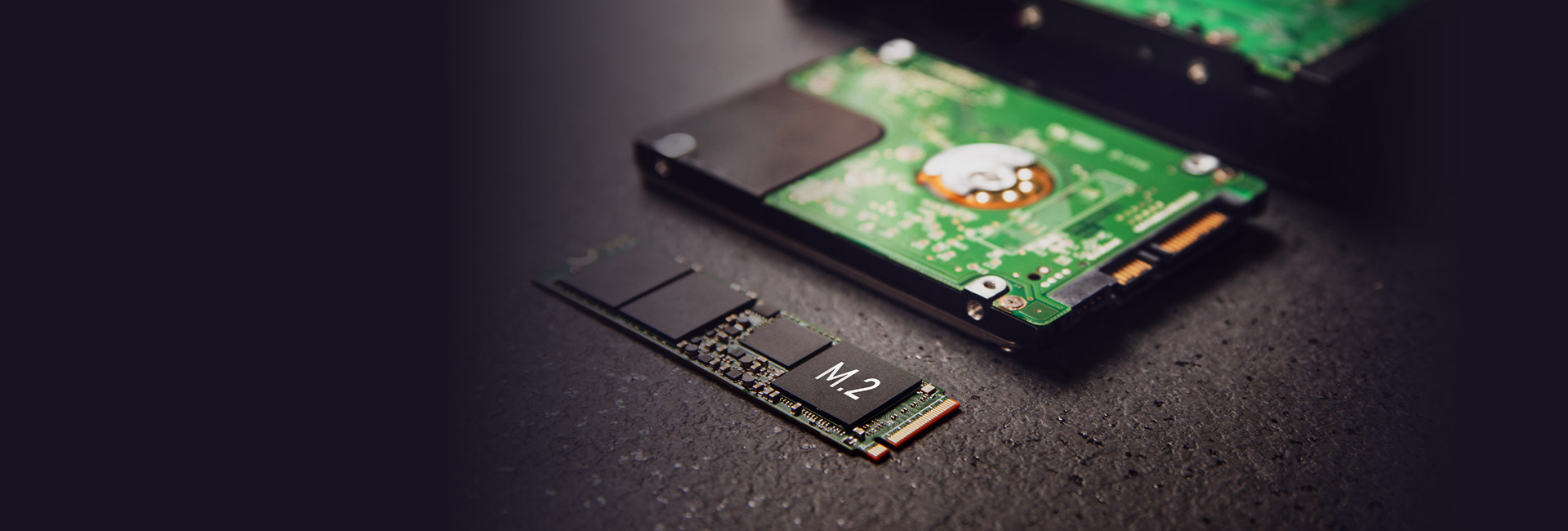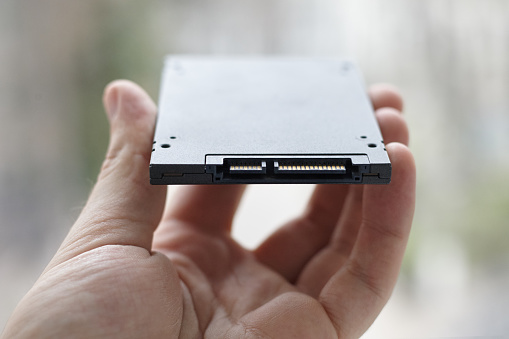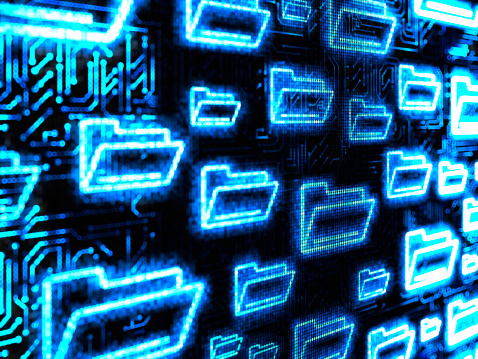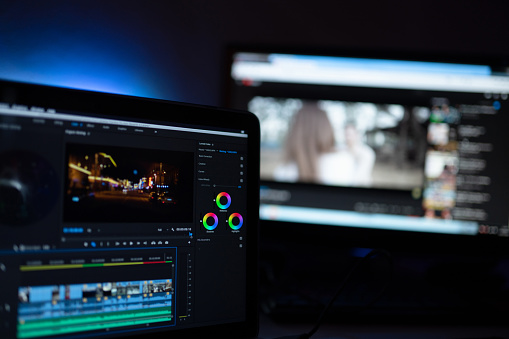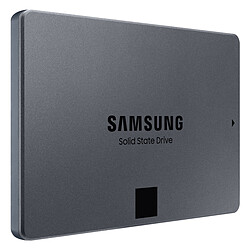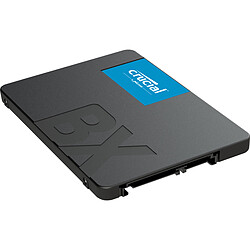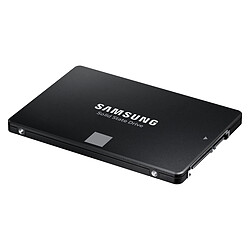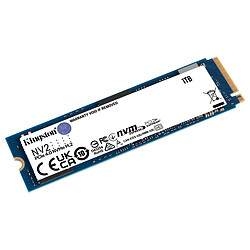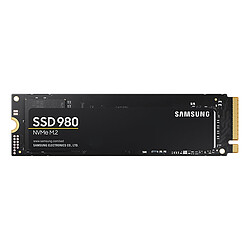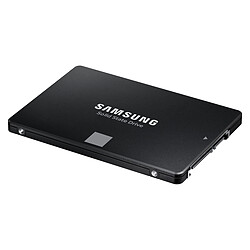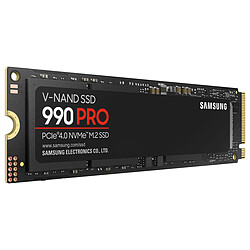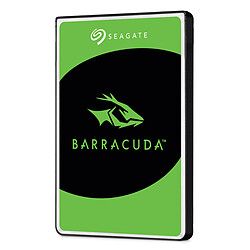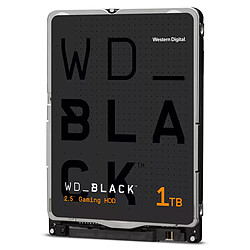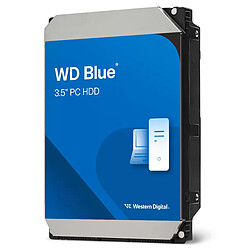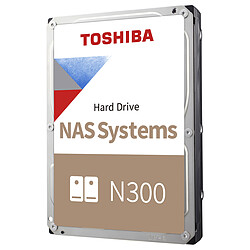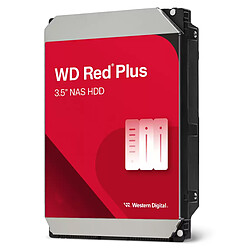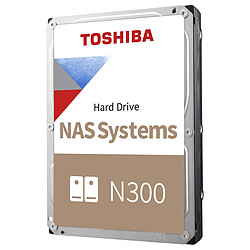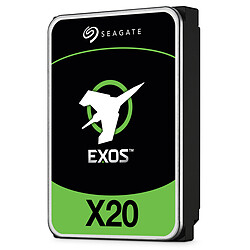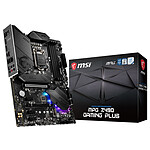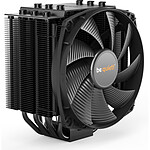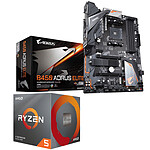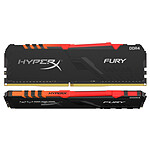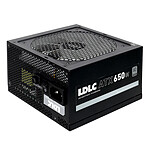1- HDD / SSD, what's the difference?

Difficult to find your way around all those complicated abbreviations? No worries, you just need to learn. Be careful, it will go very fast ;)
Two storage systems, two meanings:
• The hard drive is also called "HDD", which stands for "Hard Disk Drive". A hard drive and an HDD are therefore the same thing!
• The SSD has no other name and stands for "Solid State Drive".
Well, yes, okay... but then what?
Introductions done, we can now look at the difference between their uses. Because yes, both are used to store your data... but not only!
- A hard drive/disk is said to be "mechanical", using magnetic disks to operate. Except its advanced age (it was created at the end of the 1970s), it is still ideal for storing very large volumes at a lower cost. It is also said to be more durable than SSDs, although the latter is more reliable. So it's not really this element that will tip the balance...
- An SSD uses "flash" memory, embedded in a small electronic chip. In practice, this means that it is quieter than an HDD, and this also means that there are fewer small mechanical parts that can break. But the real interest is in its performance: much faster, it allows to accelerate the use of your PC. It can also be much smaller and thinner, but on the other hand, it is also more expensive...
So which one should I choose?
In fact, it's very simple to decide: if you want to store "simple" data, i.e. videos, photos, excel files, etc., then the hard drive will be more than enough. You will be able to store all your beloved memories at a lower cost, and you can even secure them with a NAS to avoid untimely deletion. The SSD, on the other hand, is mainly used for "hot" data: this is where you install your software and applications, your OS (Windows?) of course, so that it can be accelerated as much as possible! The 1 second boot time? Yes, that's thanks (among other things) to your SSD!
Attention: one does not prevent the other! Most PCs have both: an SSD for all the software, an HDD for pure storage. What if this was your solution?

